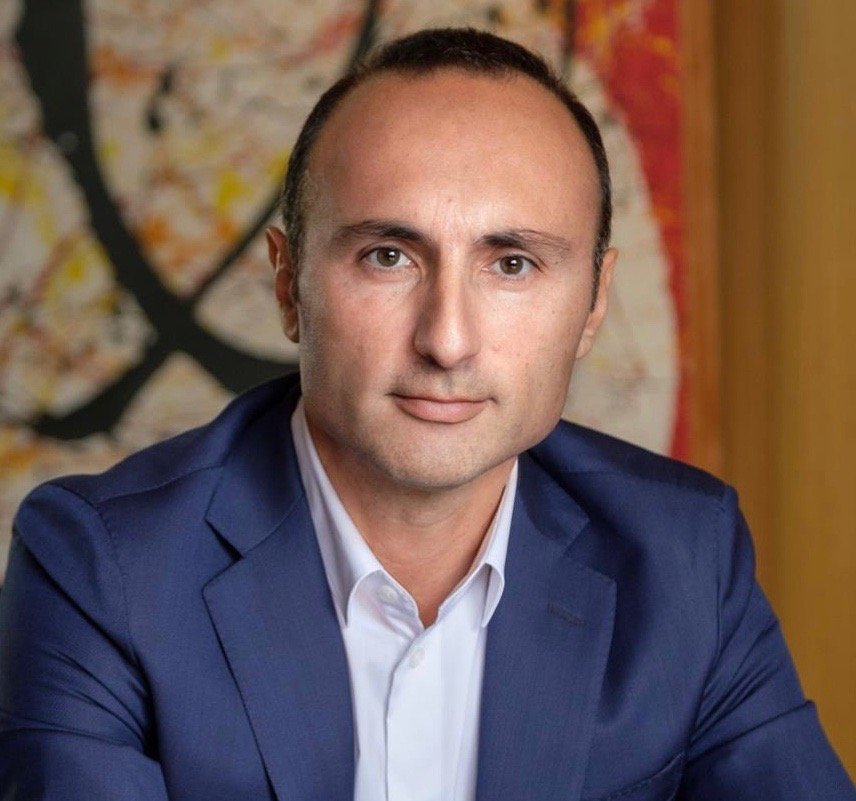The rollout by Cyta of the first 5G network for Cyprus on Sunday offers vast opportunities for business, creating a new market for services and the ability to make use of the Internet of Things.
For businesses, 5G offers the opportunity to connect up businesses in ways never before possible. 5G offers the opportunity to secure the internet-enabled products and processes of the Internet of Things, where equipment and sensors are communicating directly with each other and making decisions independently of humans. Previously, limited mobile bandwidth and security issues made this challenging. But 5G makes all this possible.
In an interview with Cyprus Mail, Cyta CEO Andreas Neocleous describes potential benefit and some
Question: How do you forecast the full value chain to be constructed in Cyprus?
Neocleous: Let’s take the example of self-driving vehicles. It is fairly certain that all major car manufacturers will be making cars that support automated driving. It is also certain (thank Cyta for this) that the telecommunications technology required will be available. However, we still have to enhance the existing transportation infrastructure, parking infrastructure, re-invent city plans, as well as put in place related legislation and updated Highway Code. These are not simple things, they require a strategic shift in policies and regulation. The government seems to be well aware of this, hence the establishment of the Deputy Ministry of Research, Innovation and Digital Strategy with a mission to support these developments. They are in fact already making steps towards the right direction, like planned interventions in taxation, regulatory policies and governance. They will be key in the culture-change which is mandatory in dealing effectively with the digital transformation challenge. Other projects include e-justice, the transformation of the school management system and several government micro-services that will engage the public and, amongst other benefits, will make our country friendlier to business and foreign investment.
Question: Are there any major gaps in coverage?
Today, our 5G network covers 70 per cent of the population. It’s available in all cities, tourist areas and other, large communities as well as highways. 5G will expand to 98 per cent population coverage within a year.
Question: What are some upcoming changes that benefit business?
Think about when the internet was introduced back in the 90s, we mainly used it to exchange emails. Image and sound soon followed and then a brand new multimedia ecosystem developed from it, in what we now recognise as the Internet. With 5G, we have a similar revolution in the making. Initially, the public, including businesses, can enjoy enhanced speeds and low latency, opening up the potential of services in the areas of virtual reality and augmented reality. Ultra-Reliable Low-Latency Communications will follow promptly, with services that will improve e-health and facilitate automated transportation, as well as applications that will help us save energy, boost food production, precise farming etc. The third wave of the new technology (Massive Machine Type Communications) will provide connectivity amongst millions of devices per square km, allowing the automation of buildings, smart cities, smart logistics and generally a magnified version of what we call today the Internet of Things.
Question: As high frequencies have a shorter range than lower frequencies, 5G uses a mix of network frequency bands, generally classified as high, medium, and low.
In Cyprus, the Government licenced only two frequencies, the 700MHz and 3.6GHz bands. The higher millimeter-wave frequency has been left out of the spectrum auction.






Click here to change your cookie preferences